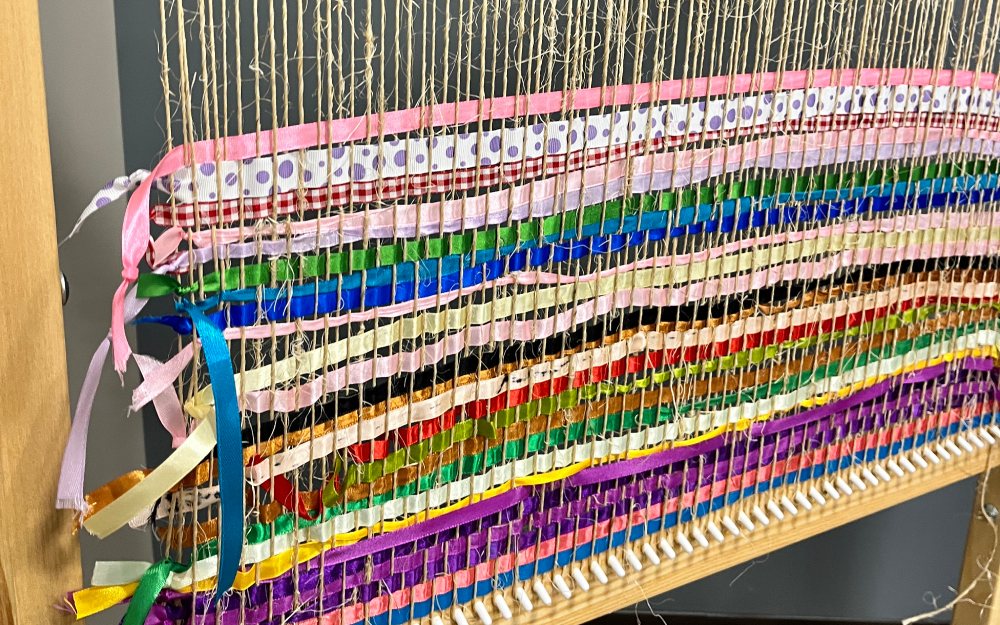
Former international Nashotah patient reflects on her time in the program, prepares to pay it forward
07/21/22 12:16:pmKendra recalls fearing rejection from others growing up. She didn’t want to burden her family by disclosing her intense self-loathing. After intentionally driving her car into a tree, Kendra’s family realized how desperately she needed help for her depression. They traveled from Canada for residential treatment at the Nashotah Center for Dialectical Behavior Therapy (DBT), which serves female adolescents.
“Kendra discusses a similar pattern in relationships that nearly all residents experience: interpersonal rejection leading to self-rejection,” says Erik Ulland, MD, medical director of the Nashotah Center and director of DBT Services. “One of the things I value most about DBT and Nashotah is the opportunity to work with a team that teaches creative, intelligent, emotionally sensitive young women how to be effective, while also experiencing life as colorfully as they do.”
In the video above, Kendra shares how the care she received changed her life.
“I was supported by a great team,” she says. “I use the skills I learned at Rogers every single day. I don’t think I would have gotten to this point in my life had it not been for Rogers.”
Dr. Ulland is grateful Kendra shared her story.
“I felt warmth and an upward energy when listening to her discuss her use of skills,” Dr. Ulland says. “It’s obvious she generalized her skills use into daily practice, and she turns to them mindfully when needed. This was only possible due to her strong commitment to her own recovery.”
Krystal Frederick is a behavior specialist at Nashotah Center and recalls working with Kendra.
“I remember her willingness to ask questions and her effort to apply the material she was learning,” says Krystal. “I appreciate Kendra’s vulnerability in sharing her experience. It’s wonderful to hear where she is at after so many years.”
Kendra is now planning to be a therapist, which comes as no surprise to Dr. Ulland.
“While working with Kendra, she expressed an interest in helping others,” says Dr. Ulland. “At discharge, I had no doubt she would be able to pay it forward. Skillful, emotionally sensitive individuals make for some of the best advocates a person could wish to have. I do not know if there is a higher calling than the journey of walking alongside compassionate, creative youth who are committed to the hard work of recovery.”
Kendra talks about how her time at Rogers helped her tackle stigma by starting conversations about mental health when she returned to her high school. You can hear about that part of her story by clicking here.





